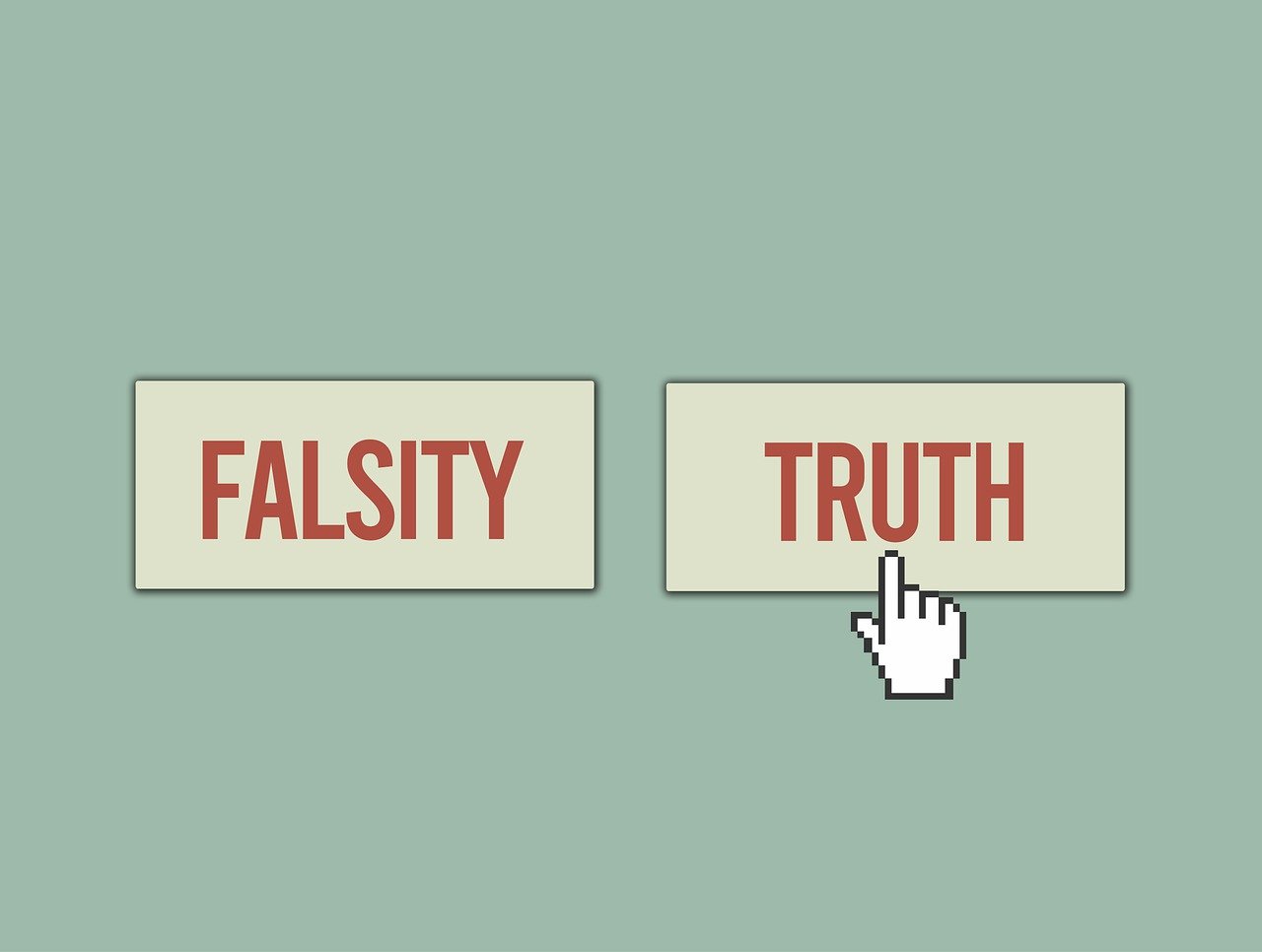Not only does the internet give your business a place to reside and to grow, but it also provides near-instantaneous access to countless potential customers. Social Media is a massive part of this access, connecting you to billions of users worldwide. If you are not currently using social media to promote your business, you are surely losing out on potential customers and clients. This article can help start you on the right track by explaining some of the potentials of social media marketing and how it applies to your business.
Social Media vs an Independent Website
One question that many people frequently have is whether it is worth it to maintain both a social media page and an independent website. The short answer is that it is necessary to maintain both if you wish to reach your business’ maximum potential. As social media sites continue to expand and to add to their total user count, the importance of maintaining a social media page grows commensurately. There is still a strong need to maintain an independent website. Maintaining an independent website allows you to control the majority of back end features and the overall brand in a way that social media pages cannot. It is also a crucial part of building a successful sales funnel. However, for the sake of this article, the focus will be on social media pages and how they are an asset that your business needs.
Pros
There are many pros to maintaining a social media page in addition to an independent business website. For starters, a social media page plugs your business directly into a pre-existing audience. While this doesn’t automatically generate traffic to your business or brand, it does mean that it is easier to target and to attract new audiences. Social Media Pages also tend to rank well when searching for a particular business or type of business. The extra ranking via another website may give your business extra search results that can direct back into your primary website. Social Media pages also provide unique access to advertising that may not be at your disposal via a traditional website. Social Media outlines come preset with tools that can help jumpstart a new business or rekindle an existing one.
Cons
Pros being taken into account, there are a few cons associated with establishing a social media presence. Most notably, it can be time-consuming to update several social media accounts if you are the primary or only employee for your business. It may also be difficult to understand how, and in which ways, to use social media when starting out. An important thing to remember here is to pace yourself when starting new social media accounts. Don’t open an account on every site at once but find the outlets that work best for your business and learn how to master them at a pace that works for you and your business.
Benefits of Social Media
Along with the general pros of maintaining a social media presence for your business in addition to an independent website, there many benefits that work in tandem with your independent website and your business as a whole. Social Media Outlets can serve as a great place to increase web traffic by directing users to your site, to engage with potential and current customers or clients, and to establish and maintain your business’ brand identity. It is crucial to understand each of these benefits and to be intentional about them when building your social media presence. Make sure that your profile or page is consistent and watch the benefits reap great rewards.
Increased Web Traffic
Web Traffic is the most crucial component of operating a business online. Without a significant number of visitors coming into your social media page or website, you will not expand your business’ platform. It’s simple, you need people to see what you have to offer in order to sell what you are offering.
When you operate a social media page or account, you are creating a funnel. Visitors that see your page or posts associated with your page can be directed to your website in just a few simple clicks. This makes social media a key tool when attempting to increase your website’s traffic flow. By utilizing the tools available via Facebook, YouTube, and even Twitter advertising, you are tapping into a multi-billion user pool. While not all of these users will be interested in or even have need of your business, there are still multitudes that can be reached.
When establishing your business’ social media presence, make sure that you are redirecting users to your website. Use social media platforms to hook users and guide them to your website and what your business has to offer.
Engaging with Audience
Social Media also provides a platform better adapted to engage with your target audiences than a traditional website would. While there can be some social elements involved in a website, they are traditionally not as accessible as they would be on a dedicated social media outlet. Facebook and Twitter, in particular, are well suited for engaging with your audience. However, engagement takes a different shape when moving between platforms.
Facebook, for example, is better suited for formal interaction. A business’ Facebook page is a place for company information to be shared with and accessible to the general public. Users can visit your page, see what your business is about, and browse what your business has to offer. Customers generally also have to option to ask questions via messenger or via discussion posts.
Twitter, on the other hand, isn’t geared towards information about your business. Rather, Twitter is geared towards interacting with customers. Whether it’s engaging with questions, offering assistance, or release product/service news, Twitter is focused on your business interacting with customers in a direct social media environment.
Brand Identity
Social media is the perfect atmosphere to establish your brand identity. What message does your company project with its social media presence? What message do you want to come across in your social media interactions? These are two questions that need to be properly evaluated when you assess your social media presence.
Social Media is often the first impression that your business leaves on a person. If they come across your Facebook page or Twitter profile and find nothing but outdated information and a lack of response to other users, they are unlikely to continue on to your website. If customers find that your social media presence is informal, or even too formal depending on the platform, they may not seek your business further.
Use social media to capture the essence of what your business is about. If you own a company targeted at parties and event planning, then let your social media accounts be a little looser and more fun. If you own a law firm, then let your social media accounts be more formal and informational. It is all about striking a balance between content that is relevant and content that applies to the image of your business that you want to share with people.
Primary Platforms
When using social media for your business, there are five primary platforms to be discussed below. These are not the only social media platforms, but they represent a wide variety of different types of platforms. You may find success for your business on other platforms such as Snapchat or Pinterest, but they may not be as universally accessible and diverse as the platforms listed below.
Remember that you don’t necessarily need to establish a presence for your business on all of these platforms. However, it can be greatly beneficial to establish a social media presence on at least two or three of the platforms listed below.
Facebook is the largest social media platform, and one of the oldest. Facebook boasts over 2.7 Billion users and climbing. If your business is not on Facebook, especially within the United States, you are missing out on potential customers. Facebook is a great place to establish a “mini-website”. Here you can create a page that establishes the core of your business and what it has to offer. Facebook gives you the option to list location, hours, services, and other basic info about your business. Your Facebook page should serve as a link between Facebook users and your business’ website. A business’ Facebook page should accurately represent what the business has to offer. This means that both content and tone of your posts should be in line with your perceived business image.
In addition, Facebook also offers extensive advertising tools that are generally cheaper and more accessible than advertising tools provided via Search Engines and other websites. These tools can allow you to market your business towards specific target audiences, and to then use your Facebook page to funnel them to your website. Facebook is a great place to begin the sales funnel by targeting users who may be interested in what you have to offer and by directing them straight to your website or inbox.
YouTube
YouTube differs greatly from other social media platforms. Where most other platforms provide an opportunity for users to connect with business, YouTube’s business/customer interaction is much more one-sided. Users are able to comment on posts and follow links within videos or pages, but the connection between the two parties isn’t the focus, as it is with other social media platforms.
YouTube exists instead as a platform to display and exposit what your business has to offer. This works particularly well with businesses that offer services or that have a unique, tangible product to sell. When directed to your YouTube page, potential customers can see the tangible results of how what you are offering can impact their lives. Before and after, demonstration, and discussion videos can be a great way to get your products and services in front of potential customers and clients.
Instagram is a hybrid social media platform, falling between Facebook and YouTube in terms of how it is used. Similar to YouTube, Instagram is not necessarily intended for personal interaction between businesses and customers. However, being owned by Facebook, Instagram works well within the informational and advertising features that Facebook has to offer. Instagram operates primarily via pictures rather than text. This is a great way to display any products and services your company has to offer. Instagram is also a great platform to approach informally.
Rather than using the platform to share information and to answer questions, Instagram can be used to build an audience. This can be done via inspirational posts, memes, and any manner of images that may appeal to potential customers without being directly related to your business. In this sense, Instagram is used to draw a crowd and direct them to Facebook or your website in order to begin the sales funnel and generate traffic to your internet presence.
Twitter is perhaps the most informal social media platform for most businesses. Given its character limits and a limited amount of bio space, it is not ideal for sharing information. However, the platform is ideal for interaction between businesses and customers. Twitter allows for accounts to be created specifically for business, and for those accounts to mingle directly with real-time users. This is different from Facebook in the sense that Twitter accounts are not limited to posting on their own page or with people that have already added them as a follower. Twitter provides freedom in where business accounts can post, and it also gives user accounts similar freedom. Overall, Twitter is a great platform to interact with your customers and clients by answering questions, offering advice, or even relating to what they are posting about.
Recap
Social Media is a growing series of platforms. As the number and style of platforms grow, so do the users and potential customers that use them. If you are not using social media to market your business, you are losing out. Take advantage of the various platforms such as Facebook, YouTube, Instagram, and Twitter to find the most appropriate way to market in line with your business’ brand. Remember that each platform is different and should be used according to its strengths. Decide what you want your business’ social media presence to look like and then plug into the appropriate platforms from there.
Featured Image:
Image by Gerd Altmann from Pixabay




















